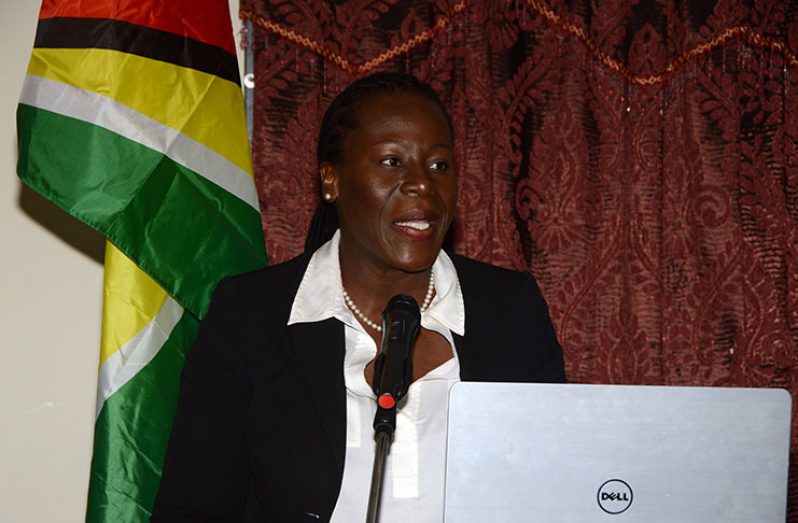THE Government of Guyana has set up a Multilateral Environment Agreement Committee (MEAC) which will help guide its work on environmental governance.
The Committee will serve as the main advisory body to the government on environmental governance and as the overarching body which will facilitate improved coordination and collaboration among stakeholders.
On Monday, at the Guyana Forestry Commission (GFC), the committee held its inception meeting whereby it gave an overview of MEAC; explained its roles and responsibilities and took suggestions on how its draft Terms of Reference (ToR) could be finalised.
At the meeting, Director of the Department of Environment, Ndibi Schwiers, explained that MEAs are legally binding inter-governmental agreements used to help solve various environmental issues globally and nationally.

“In spite of that, we have some major challenges,” Schwiers said. “At the Department of Environment we recognise that one of those challenges lie in coordination of the implementation of these MEAs. We do not have, at the moment, a single functional mechanism to effectively coordinate MEAs implementation.’
As such, the Department decided that the establishment of a MEAC could bring a solution. The members of the MEAC come from sector agencies; civil society; the private sector; Non-Government Organisations (NGOs); Global Environment Facility (GEF) Small Grants country cordinator; convention focal points and donors and partners.
The roles of the Committee are to advise on the incorporation of MEA obligations in to relevant national and sub-national development plans; to identify gaps, common issues and matters hindering its mandate and provide advice to the Department of Environment on signing MEAs.
The Committee is also responsible for developing and recommending project concepts for enhanced environmental management and protection and convention implementation.
According to MEAs Coordinator at the Department, Diana Fernandes, the Committee will also facilitate harmonized approaches in addressing environmental matters and promote public awareness and capacity building on issues relating to MEAs. Following their presentations, members of the audience gave suggestions on how the MEAC’s ToR can be improved. These were discussed by the participants and welcomed by Schwiers who committed to making the improvements where necessary.



.jpg)








